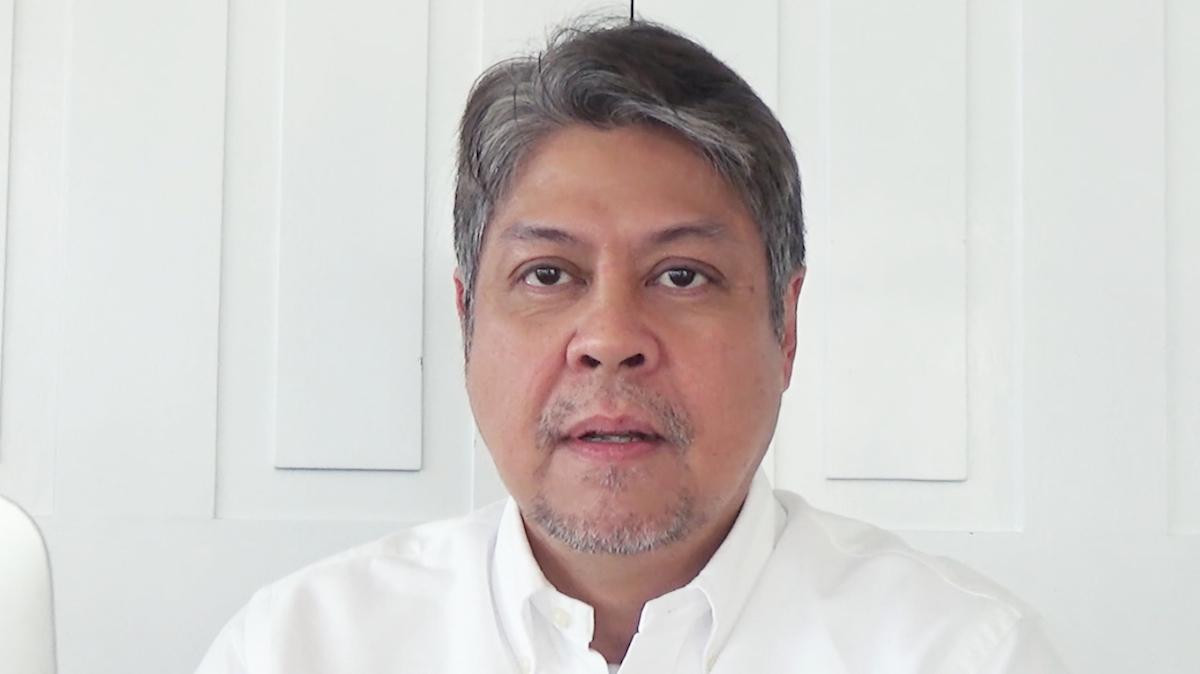Senators dismayed by Duterte’s order to lower tariff rates on pork imports

Senators on Thursday expressed dismay over President Rodrigo Duterte's decision to reduce the tariff rates for imported pork meat, saying that it would pose a negative impact on the local hog industry.
In a virtual interview with reporters, Senator Francis Pangilinan said he was saddened by the issuance of Executive Order 128, which lowers the tariff rates for imported pork meat to 5% to 20% from 30% to 40% for a year.
The policy essentially aims to allow more pork imports in the country "to address pork supply shortage, stabilize prices of pork meat and minimize inflation rates" amid the problem of African swine fever in the country.
"Siyempre nakakalungkot dahil ang ating sinusulong dito ay yung pangunahing concerns ng hog industry. Napakinggan naman natin ang kanilang hinaing at ang kanilang kahilingan na tulong dahil naghihingalo na nga ang ating hog industry gawa ng African swine flu," he said.
(It's saddening because what we are pushing here are the concerns of the hog industry. We have heard their grievances and their cries for help because our local hog industry is already dying due to the African swine flu.)
"While consumers may benefit in the short run, the whole livestock industry, the pork industry will suffer," he said.
Pangilinan estimated that the reduction of the tariff rates would result in the loss of P11 to P14 billion in government revenues, which he said could be used to support the local hog industry.
He said that now that the tariff rates on pork imports are reduced, the government should already declare a state of calamity due to the ASF problem which allow for the release of the calamity funds that would help local hog raisers.
"Importation is a solution at dapat magkaroon ng pagpasok ng imported na karne, [pero] dapat naman yung state of calamity declaration para yung calamity fund sa disaster management ay mai-release," he said.
(Importation is a solution and pork imports should be allowed to enter, but there must also be a declaration of a state of calamity to allow for the release of the calamity fund for disaster management.)
"If they really wish to address seriously itong concerns ng local hog industry, the state of calamity declaration is important," he added.
Senator Risa Hontiveros shared Pangilinan's sentiment, saying that the decision to lower tariff rates on pork imports is "very disappointing."
"Clearly, hog revival is not part of its plan. Sa lagay na ito, parang tinalikuran at sinukuan na ang mga lokal nating magbababoy," she said.
(In this case, it's as if the government turned its back on local hog raisers.)
Hontiveros lamented that Malacañang only allowed DA some P200 million for its restocking program to replace hogs affected by the ASF, and that there are no measures to be implemented that will strengthen the country's border protocols to prevent the entry of ASF in the country.
She also decried the absence of a budget proposal for the mass testing of hogs to allow early detection and culling for 2022, as well as the lack of financial assistance to help small-time hog raisers who are at risk of losing their livelihood due to massive importation.
"We refuse to accept this capitulationist stance. We continue to demand adequate budgets for 2022 to support bio-safety, restocking and sufficient insurance coverage that will help revive the local hog-industry," Hontiveros said.
"We, at the Senate, fervently hope that things can still be turned around," she added.
For her part, Senator Cynthia Villar, who chairs the Senate agriculture committee, said she is not in favor of the President's decision, but it his decision to make nonetheless.
"I researched that the biggest yearly importation of meat as per record of Bureau of Custom is about 380,000 metric tons. Seventy percent or about 260,000 metric tons are offal with 5% to 10% tariff and the 30% or about 120,000 metric tons are good meat with 30% tariff," she said.
"The tariff is low already and I do not think there is a need to bring down the tariff anymore," she added.
Senate President Vicente Sotto III earlier said that the reduction of tariff rates on pork imports spells bad news to local hog raisers, adding that "the minimum access volume could have been raised but not the lowering of tariff."
"The reason they are giving for the lowering of taxes is not acceptable. There must be something else," he said. "That’s what we want to find out on Monday."
The Senate Committee of the Whole is set to conduct its first hearing on Monday on the food security crisis and the alleged "tongpats" on pork products. — BM, GMA News



